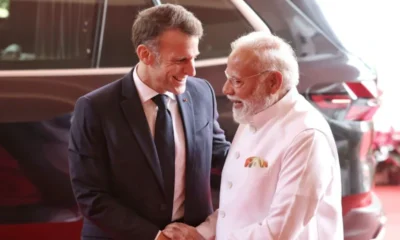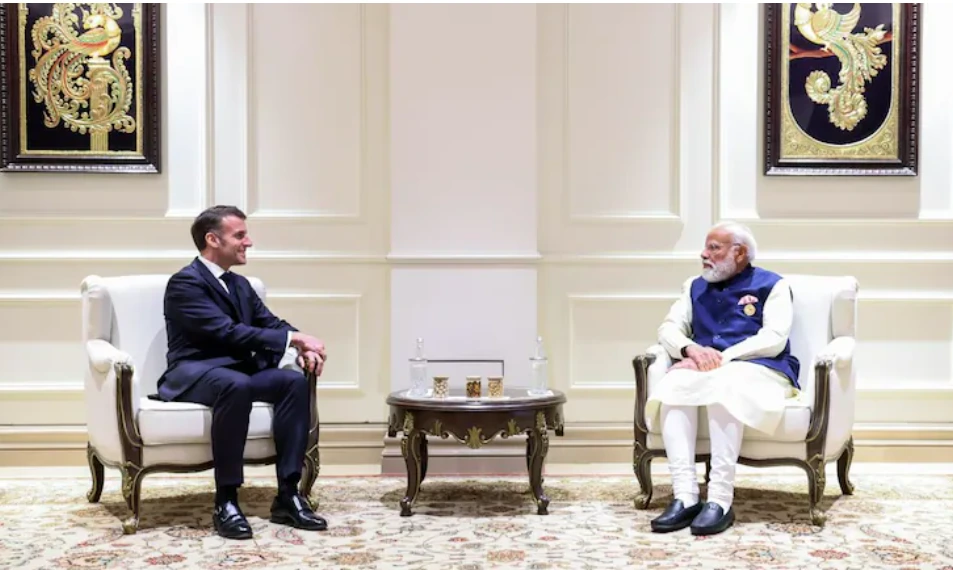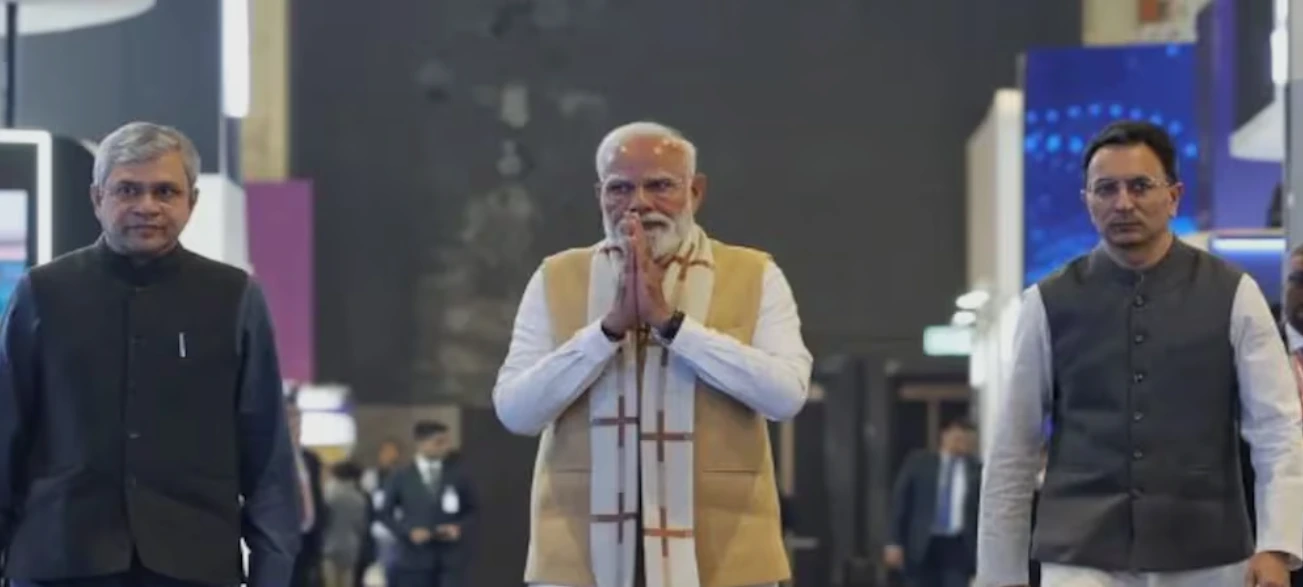India News
At Niti Aayog meet, PM Modi says Viksit Bharat 2047 aim achievable with efforts from all states
Emphasis on skill, research, innovation, and job-based knowledge is necessary for making Viksit Bharat, the Prime Minister noted.
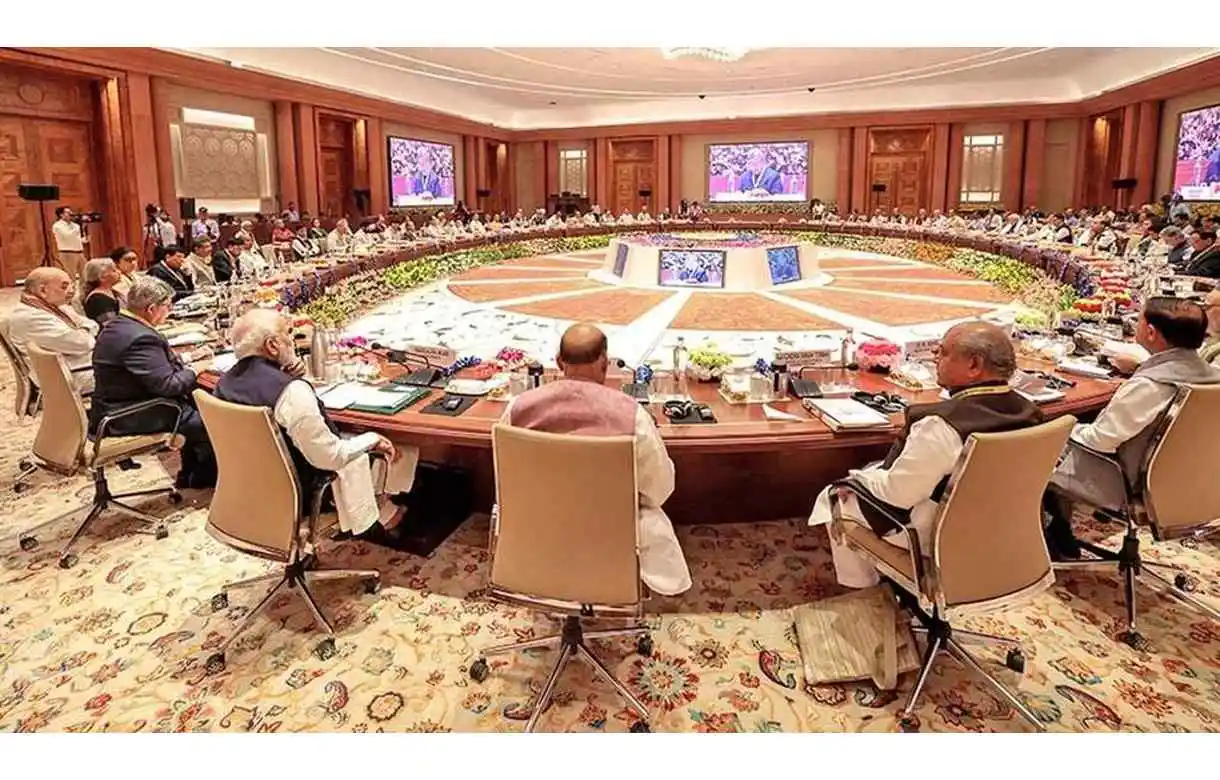
India News
PM Modi, Macron reaffirm global strategic partnership during Delhi meeting
PM Modi and Emmanuel Macron highlighted the depth of the India-France global strategic partnership, with defence deals and AI cooperation in focus.
India News
Ajit Pawar’s son seeks detailed probe into Baramati plane crash
Jay Pawar has demanded a comprehensive probe and action against the aviation firm after the Baramati plane crash that killed Ajit Pawar and four others.
India News
PM Modi to inaugurate India AI Impact Summit 2026 at Bharat Mandapam today
PM Narendra Modi will inaugurate the India AI Impact Summit 2026 at Bharat Mandapam, with participation from 118 countries and global leaders.
-
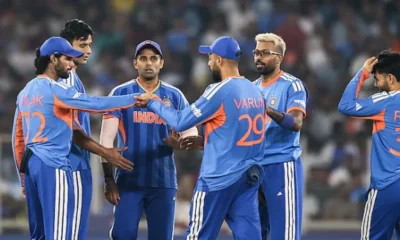
 LATEST SPORTS NEWS18 hours ago
LATEST SPORTS NEWS18 hours agoIndia maintain clean sheet after 17-run victory over the Netherlands
-
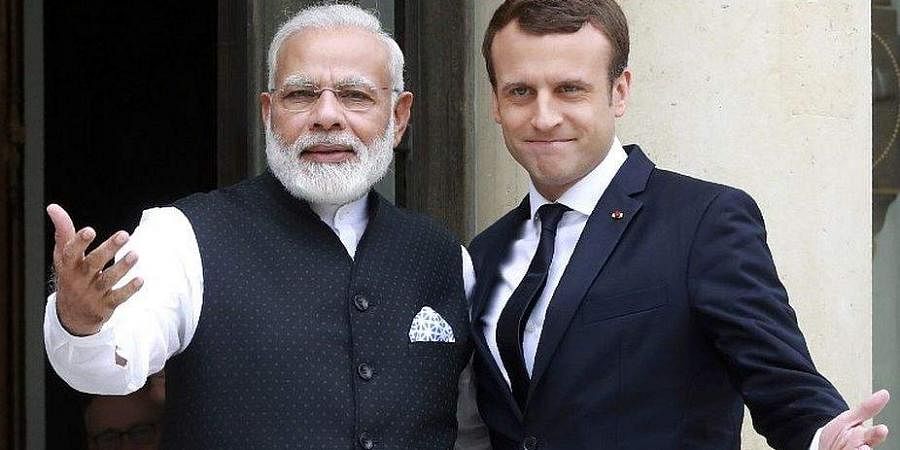
 Latest world news18 hours ago
Latest world news18 hours agoPM Modi, Macron, Sundar Pichai to address India AI Impact Summit 2026 in New Delhi
-
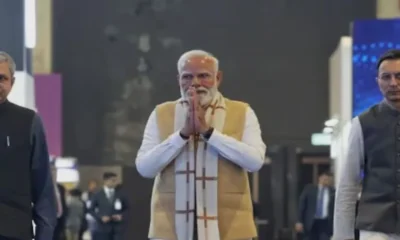
 India News17 hours ago
India News17 hours agoPM Modi to inaugurate India AI Impact Summit 2026 at Bharat Mandapam today
-
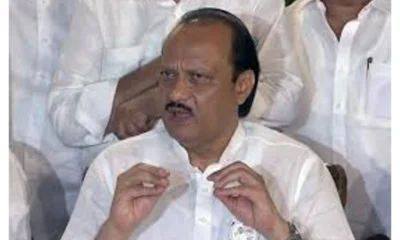
 India News17 hours ago
India News17 hours agoAjit Pawar’s son seeks detailed probe into Baramati plane crash
-

 India News7 hours ago
India News7 hours agoPM Modi, Macron reaffirm global strategic partnership during Delhi meeting
-

 Latest world news7 hours ago
Latest world news7 hours agoSam Altman calls for urgent AI regulation at India AI Impact Summit

